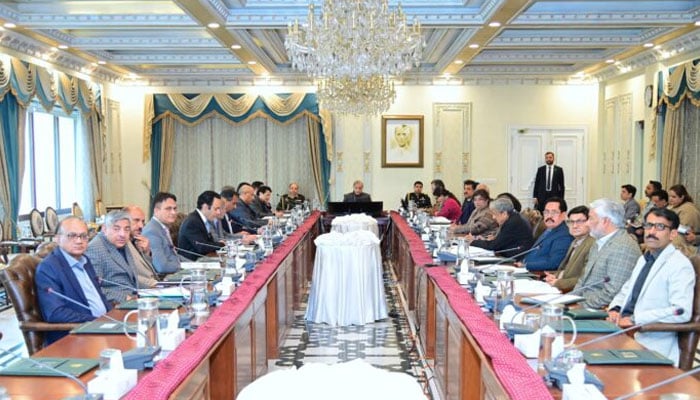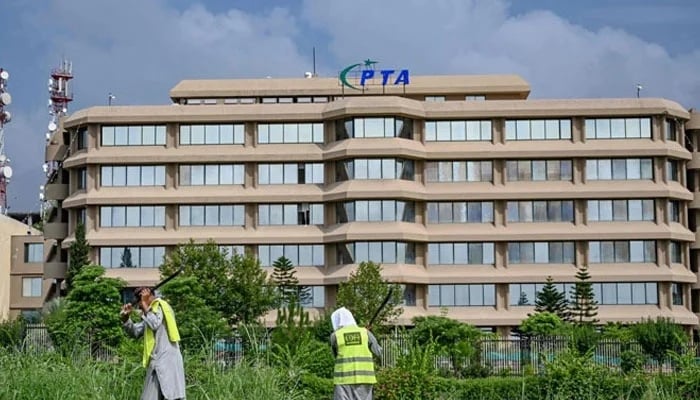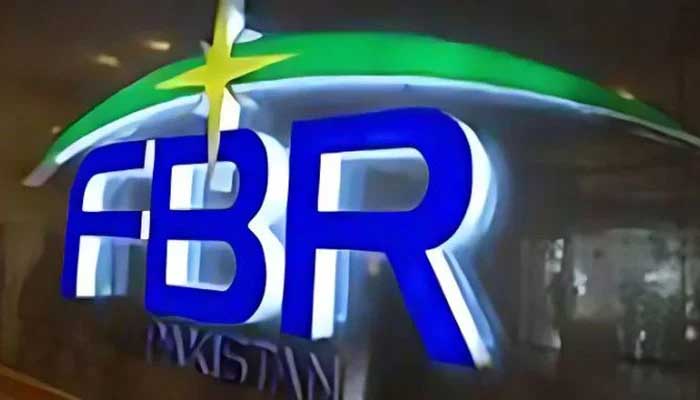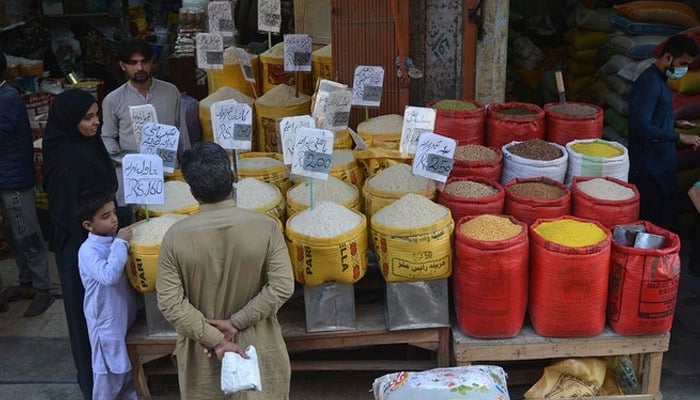PSX reflects mixed sentiment as investors weigh tax concerns
KSE-100 Index drops to intraday low of 115,580.01, down 1,539.64 points, or -1.31%
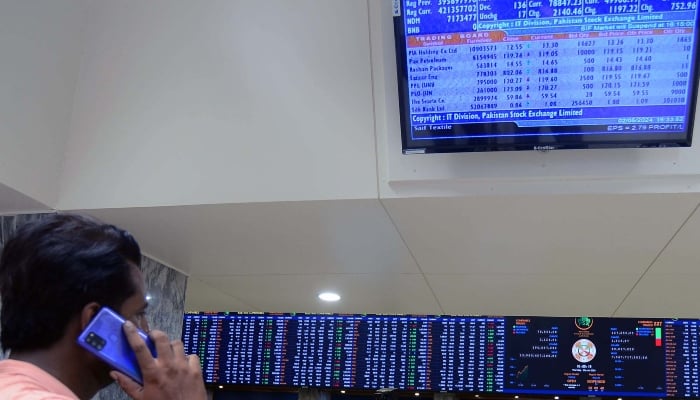
The capital market opened on a cautious note on Friday, as investors balanced optimism over easing inflation and improving macroeconomic indicators with concerns over rising trade deficits and tax collection shortfalls.
The market showed a mixed trend, reflecting fluctuating investor sentiment in early trading.
The Pakistan Stock Exchange’s (PSX) benchmark KSE-100 Index climbed 703.94 points, or 0.6%, to reach an intraday high of 117,823.59. However, it fell to an intraday low of 115,580.01, down 1,539.64 points or -1.31%, from the previous close of 117,119.65.
Prime Minister Shehbaz Sharif, chairing the 11th Apex Committee meeting of the Special Investment Facilitation Council (SIFC) on Thursday, highlighted Pakistan’s improving macroeconomic indicators. He attributed the progress to the government’s consistent efforts and stressed that economic stability is deeply tied to political stability.
“For the first time since 2018, the inflation rate has eased to 4.1%, foreign remittances have increased by 34%, exports have risen, and foreign exchange reserves have climbed from $4 billion to $12.5 billion,” he said. The prime minister also noted that the policy rate of 13% offers room for further reduction, given the declining inflation trend.
PM Shehbaz further underscored the importance of export-led growth and emphasised that memorandums of understanding (MoUs) worth billions of dollars had been signed with Saudi Arabia, Qatar, and the United Arab Emirates (UAE) to attract foreign investment. He reiterated the need for national unity to ensure sustainable economic growth and stability.
However, economic challenges persist. The Federal Board of Revenue (FBR) reported a significant tax shortfall of Rs386 billion in the first half of FY2024-25.
The total revenue collection amounting to Rs5,623 billion, falling short of the International Monetary Fund’s (IMF) indicative target of Rs6,009 billion.
Adding to the challenges, Pakistan’s trade deficit surged to $2.44 billion in December 2024, a 35% year-on-year increase and the highest level since April.
Exports rose marginally by 0.67% year-on-year to $2.84 billion, while imports jumped by 14% to $5.285 billion, marking a 47% month-on-month spike in the trade deficit compared to November.
Despite these concerns, inflation trends offered some relief. The Consumer Price Index (CPI) inflation for December fell to 4.1% year-on-year, the lowest in six and a half years, compared to 4.9% in November and 29.7% in December 2023. This provided hope for further monetary easing in the near term.
On Thursday, January 2, 2025, the KSE-100 Index closed at 117,119.65, registering a modest gain of 111.57 points or 0.1% from the previous session.



